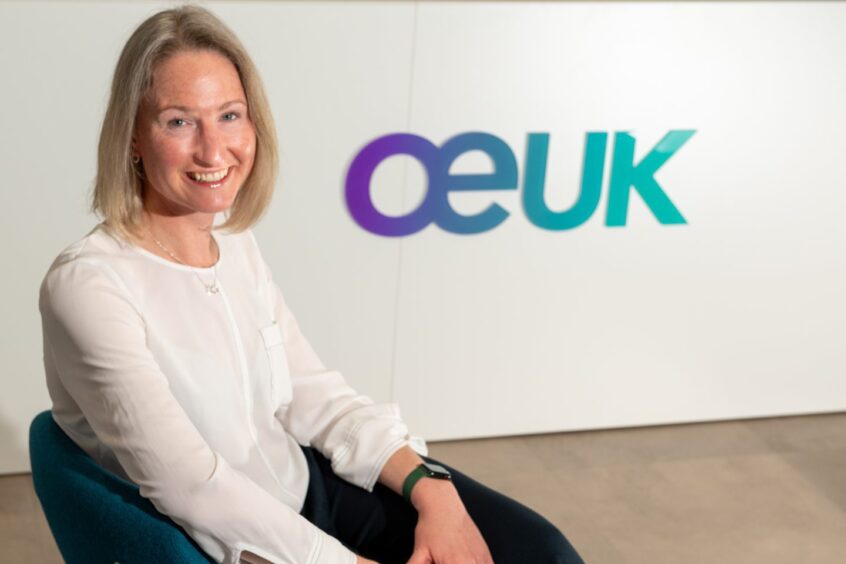
In 2021, weeks after the COP26 summit in Glasgow, the chairman of the UK’s Oil and Gas Authority said the North Sea offshore energy industry’s social licence to operate was “barely holding“.
Since then, much has changed, not least the name of the regulator itself.
The invasion of Ukraine and its impact on the cost of living, coupled with ongoing concerns about climate change and the challenge of meeting net zero obligations, have launched energy security to the top of British political consciousness and debate.
Add in the controversies surrounding Equinor’s Rosebank development, the windfall tax, and the issuing of new North Sea licences, and it’s clear the job of maintaining the sector’s social licence to operate amid the energy transition is no easy task.
But for Offshore Energies UK (OEUK) external relations director Jenny Stanning, it’s one that is incredibly personal.
The ‘Other north-east’
Born in Newcastle, Ms Stanning told Energy Voice that her family history and connection to the UK’s “other north-east” plays a key role in her work with OEUK.
Descended from a coal miner near Washington, Ms Stanning said the remnants of the coal industry were all around her during her childhood in Newcastle and later in Clackmannanshire and Fife.
Old pit heaps, quarries and school trips to the Beamish Museum meant the legacy of coal mining was always present.
“We’re really proud of the fact that there was an industrial legacy to the areas where we grew up, and I’ve seen that pretty much everywhere I’ve lived,” she said.
But Ms Stanning also witnessed the lasting impacts on the region from the Thatcher era closures of the coal collieries.
To this day, people in the area still speak of the social and economic deprivation that followed.
It’s a legacy Ms Stanning says she doesn’t want to see repeated with the oil and gas sector in the north-east of Scotland where she now lives.
“One of the worst things that happened was communities in the north-east of England particularly felt disempowered, ignored, and didn’t want to listen to Westminster,” she said.
“And we mustn’t let that happen to other communities.”
‘Incredible industrial success story’
Since taking on her role at OEUK, Ms Stanning has spent much of her time talking about the UK’s energy transition and the part the offshore oil and gas sector has to play.
It’s a job that sees her meet not only with political figures across Scotland and the wider UK, but one that sees her sharing the debate stage with climate activists, engaging with students and universities, and meeting with OEUK members from Aberdeen to Lowestoft.
From the very beginning of her time at OEUK 12 years ago, Ms Stanning said there has been a sense of “frustration” within the offshore industry that the rest of the UK doesn’t understand the importance of what the sector does.
“It feels like that frustration is still there, but there’s a real effort that’s going into telling the story because people realise our social licence to operate is really important,” she said.
“Particularly now in this [period] where we’re absolutely focused on tackling climate change and protecting energy security, but also trying to maintain that economic contribution that the industry makes.”
Ms Stanning admits, “embarrassingly for somebody who’s from the north-east of England”, to not fully appreciating the scope of the industry prior to joining OEUK.
“This incredible industrial success story was just a complete mystery to me,” she said.
OEUK political engagement
Part of sharing, and preserving, that industrial success story now involves Ms Stanning regularly engaging with political figures across the UK.
“The sector is much more engaged with politicians, just in general,” she said.
“They’re not just talking to civil servants and occasionally to ministers… but they’re also talking to other politicians in different parties at lots of different levels.
“It’s now quite routine, it’s quite normal. It’s not unusual to see a sector voice talking to politicians about what they do and what they need to do it better.”
At the same time, politicians in Holyrood and Westminster are also taking a greater interest in the North Sea’s energy sector, particularly when it comes to climate change and energy security.
Energy a ‘political football’
While Ms Stanning said OEUK welcomes the renewed interest, the politics needs to be followed with policy.
“Being a political football isn’t a good thing, but political interest in the sector is,” she said.
“But we need that interest to be followed up with action as well.
“It’s not good enough to come and visit Aberdeen and then never talk about the industry again… the policymakers and politicians should show an interest in the industry because energy underpins everything, but also the opportunity of transitioning the energy sector here in the UK is massive.”
Ms Stanning said the energy transition “should be a really good news story”, not just in Aberdeen but across the UK.
“It should be such an exciting story to tell, it shouldn’t be something that politicians are frightened of or worried about,” she said.
Offshore energy policy over politics
But Ms Stanning said too often, “energy decisions are made on parliamentary time cycles”.
“That doesn’t fit if you’re making billion pound investments into manufacturing or into operations, you need much longer-term planning,” she said.
“The reason Norway has been so successful is they’ve had predictability for decades.
“You don’t [have that] here because there’s been a change, it’s volatile and it’s unpredictable and that doesn’t help make the environment competitive to attract investment.”
With a UK general election inching ever closer, Ms Stanning said it is important for OEUK to stay out of the political fray.
“We don’t just talk to the government, we talk to the opposition and the other parties as well,” she said.
“It’s really important that we talk to everybody, and we say the same things to everybody.
“We’re vigorously apolitical.”
Ms Stanning said her role involves a lot of private engagement with MPs while remaining open and transparent.
“We say to MPs in private what I would say to them in broadcast as well,” she said.
“It’s about reminding politicians that although they’re making decisions in London and in Edinburgh, they’re making decisions about communities right across the UK.
“It’s about reminding them it’s not just about Aberdeen, it’s about communities right across Scotland and the UK, and that they should be listening to voices employed in the industry now and in the future industries as they make these policy decisions.”
Balance to ‘one-sided’ energy debate
With North Sea oil and gas projects like Rosebank regularly making news headlines, and OEUK members involved in climate litigation in the UK and the Netherlands, Ms Stanning said another aspect of her role is to “bring that balance to a debate that can sometimes feel a bit one-sided”.
“It’s really important to us that when there’s lots of news coverage, for example of legal disputes, that it’s not just the Uplift and Greenpeace perception of the story, but there is a more balanced industry view there as well,” she said.
“Our role is context, background and information, both to our members, but also out to the wider public and to policymakers.”
In fact, Ms Stanning said the offshore energy industry actually has “quite a lot in common” with environmental campaign groups around the need for urgent action on the energy transition.
Ms Stanning said public perception about the sector will begin to shift once the renewable energy and low carbon projects oil and gas firms are investing in become operational.
But delivering on these projects hinges on the north-east energy supply chain, in Scotland and England.
“There is a reason we have a world class supply chain that exports, because we know how to get this stuff done,” she said.
“It would be madness to let that expertise that capability go overseas to help other countries have a homegrown energy transition that we then have to import.
“We have got potentially a huge, really exciting prize to unlock and that’s how I would like policymakers to look at the offshore energy industry.
“Not as a problem that they need to manage, but as a massive opportunity that they could get right.”
Recommended for you


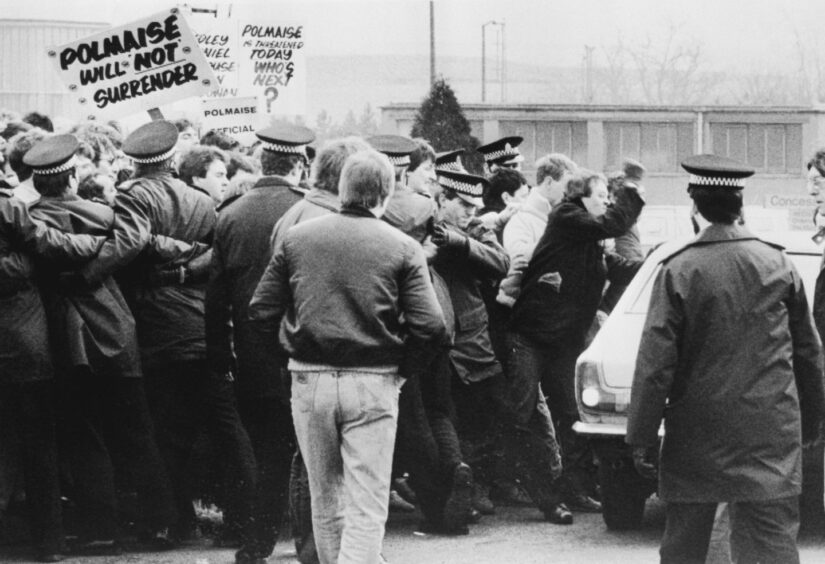 © Supplied by PA
© Supplied by PA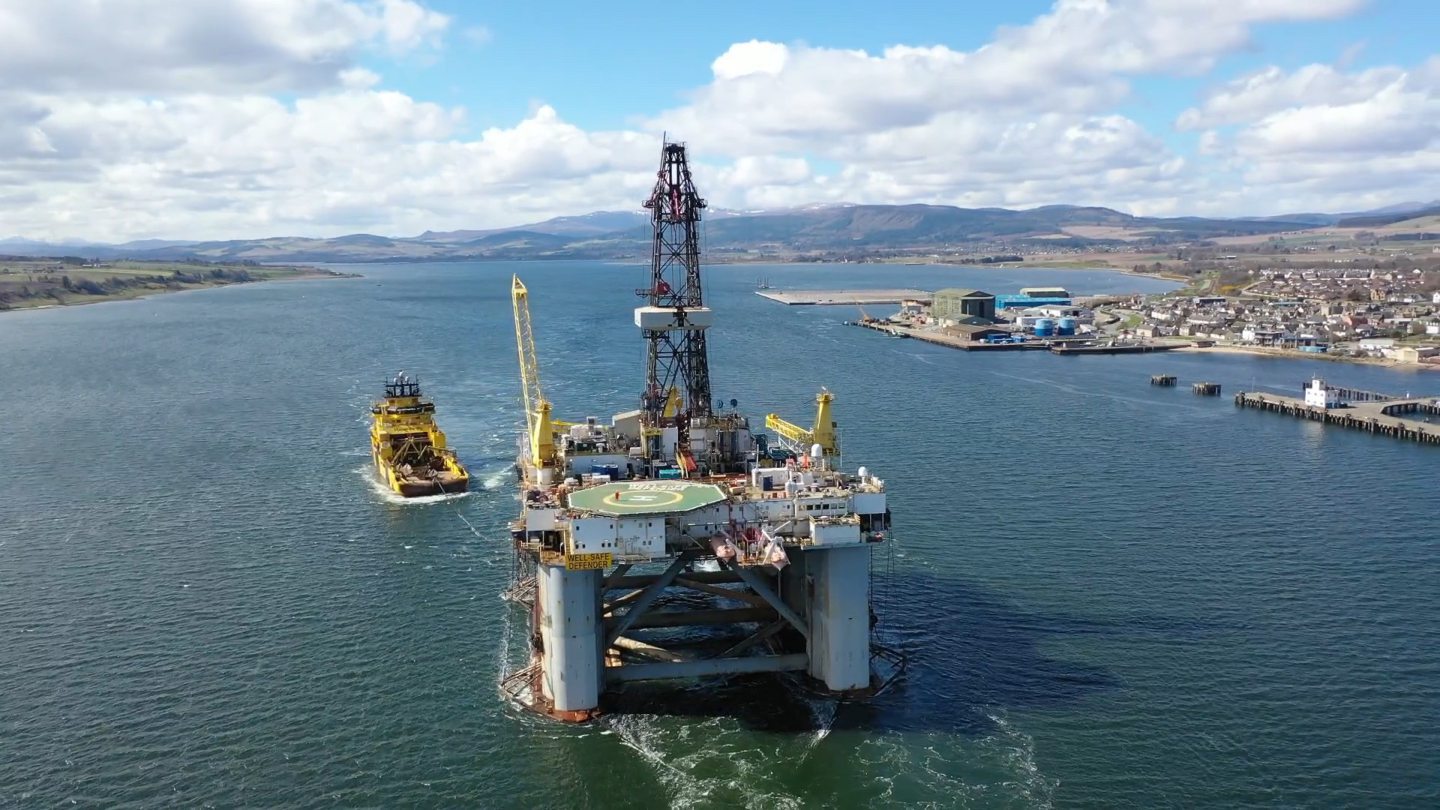 © Supplied by Morrison Media
© Supplied by Morrison Media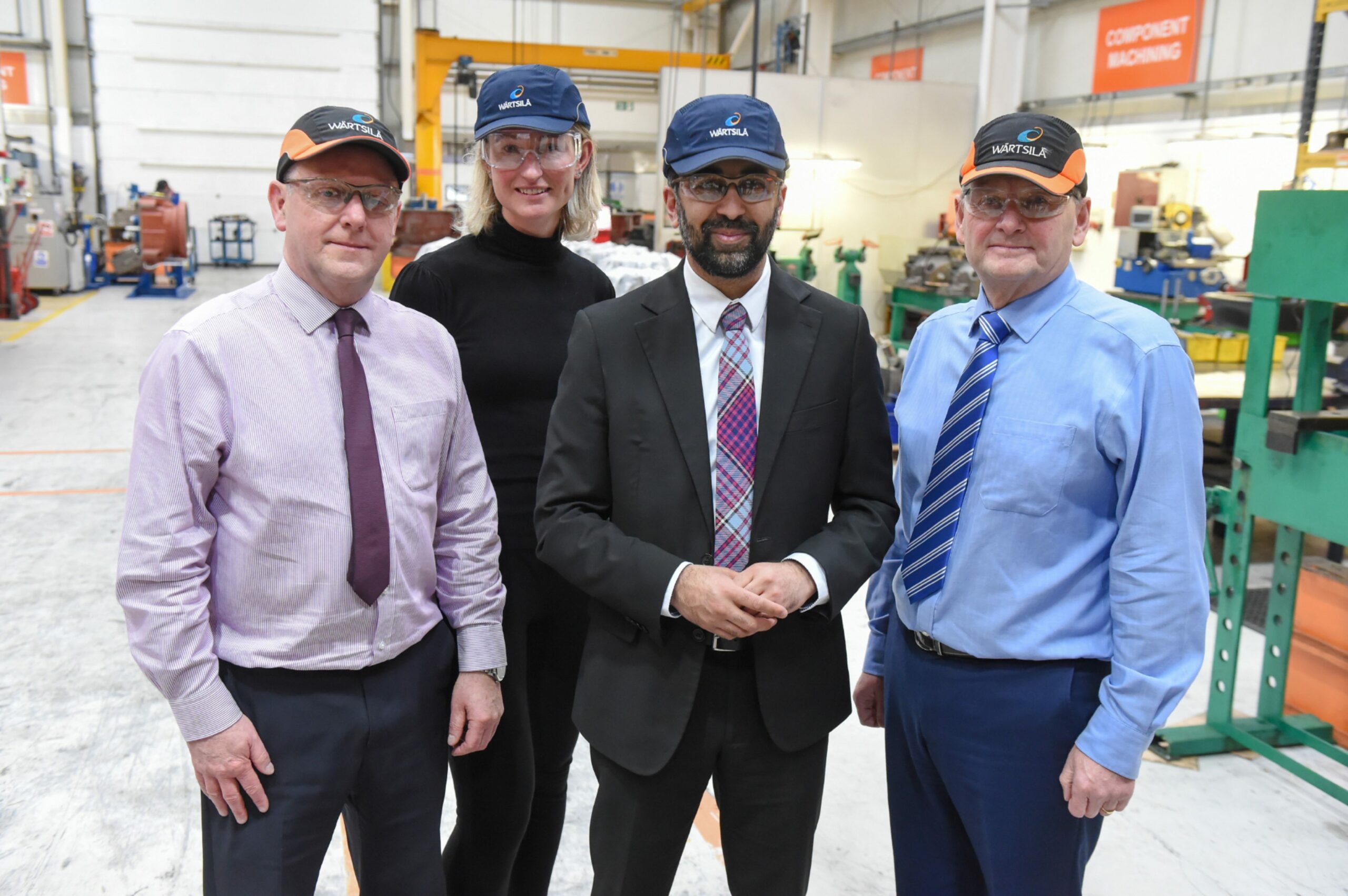 © DC Thomson
© DC Thomson © DC Thomson
© DC Thomson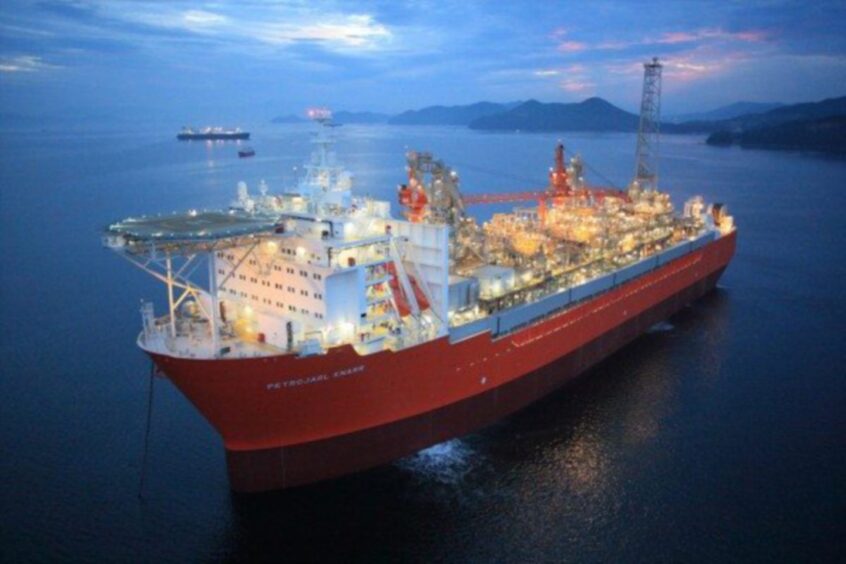 © Supplied by Teekay
© Supplied by Teekay